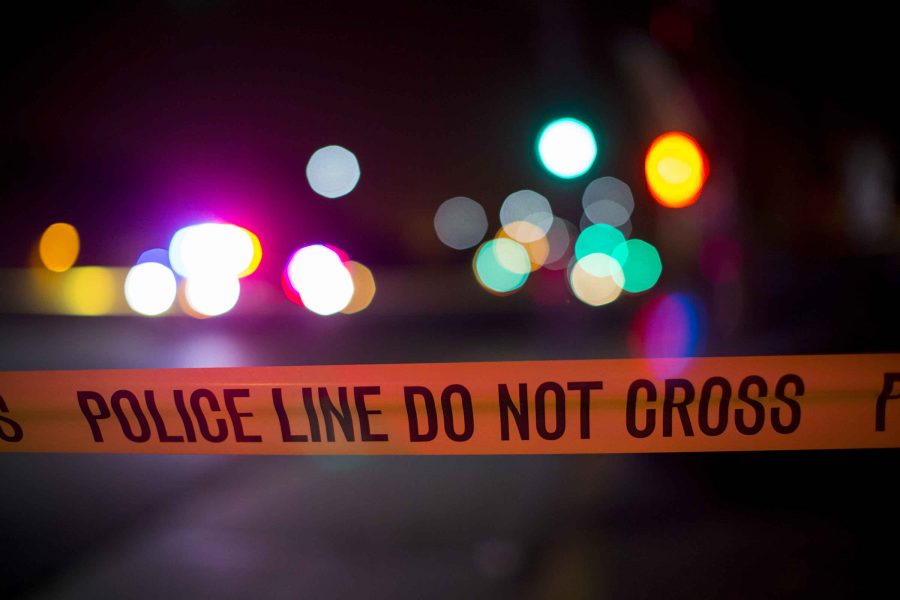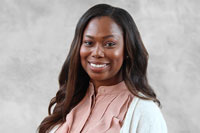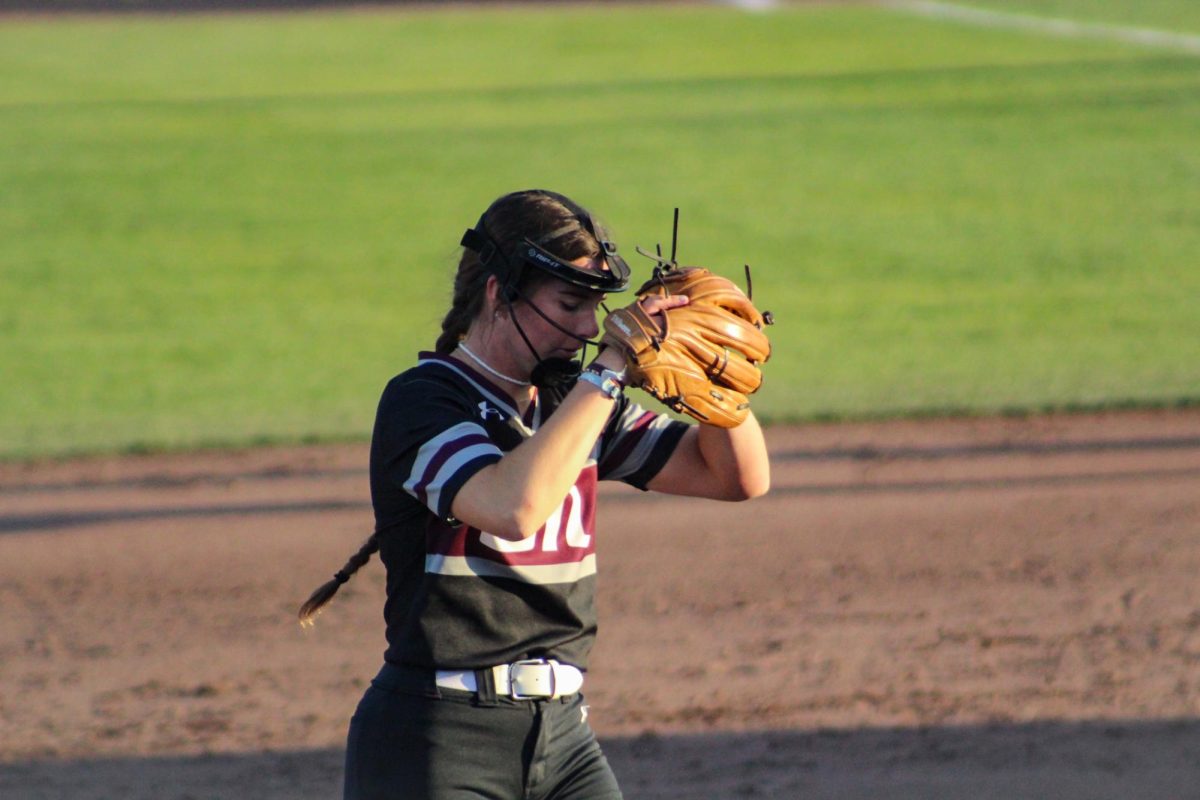Latest effort at accountability for Chicago police starts up Friday
(Gina Ferazzi/Los Angeles Times/TNS)
September 14, 2017
As Chicago’s new police oversight agency prepared to begin operations, its chief administrator led a graduation ceremony for some 40 staffers newly trained in investigating alleged misconduct by officers.
The event last week took on the feel of a pep rally as Sharon Fairley summoned each trainee and gave brief, encouraging descriptions of those who will staff the Civilian Office of Police Accountability when it opens Friday.
She described one as a “female Sgt. Friday” who seeks “just the facts” while praising employees for their tenacity, inquisitiveness and unwillingness to settle for anything but the truth.
Advertisement
Those are qualities rarely ascribed to the new agency’s predecessor, the Independent Police Review Authority, which was led by Fairley and where some of those same trainees worked. That agency’s tenure will end after a decade marked by questionable investigations, long delays and rare attempts at disciplining cops.
The new agency — forged in the firestorm sparked 22 months ago by video of a police officer shooting black teenager Laquan McDonald — is expected to have about two times the budget of its predecessor, employ about 40 more workers and wield expanded technical capabilities. For example, the agency will have its own evidence specialists. COPA has also reworked training and policies as part of its bid to emphasize its independence from the Police Department.
Still, the agency remains a work in progress.
COPA will open with an incomplete staff. As of the beginning of the month, it had yet to fill about 15 out of its 141 jobs, including a top deputy’s post left vacant just a few months after the city trumpeted the hiring of a top New York police oversight official, agency officials said.
Nearly 30 COPA staffers worked at IPRA, some of them top officials hired as the new agency ramped up, according to a Tribune analysis of city records. Eleven of those employees go back as far as the Office of Professional Standards, IPRA’s predecessor, which also was broadly considered ineffective before its closing in 2007 amid scandal.
Further, the city has yet to set up a community board that reform advocates have said should oversee COPA to make sure it is politically independent.
The overarching question facing COPA is whether it will prove to be the first reliably effective police oversight agency in city history. At the graduation ceremony, Fairley acknowledged the scope of the mission.
Advertisement*
“The world is and will be watching us,” she said.
COPA’s opening will mark the latest reverberation from the 2015 release of the video of an officer shooting McDonald 16 times. The ensuing controversy highlighted longstanding grievances among Chicagoans, particularly African-Americans, about their treatment by police.
IPRA’s tendency to exonerate officers — including in shootings — added fuel to the outrage.
The Chicago Tribune has detailed in a series of stories how IPRA’s investigations were sometimes superficial, with interviews of officers occasionally lasting just a few minutes. The agency sometimes cleared cops despite compelling evidence of misconduct. In the rare cases in which IPRA called for discipline, it was often light.
In January, the U.S. Department of Justice’s report on the Police Department harshly criticized IPRA as slow, under-resourced and prone to bias in favor of officers.
As the McDonald scandal hit, Mayor Rahm Emanuel forced out IPRA’s Chief Administrator Scott Ando and replaced him with Fairley, a former federal prosecutor.
Just months after her appointment, Emanuel’s handpicked Police Accountability Task Force recommended IPRA’s abolition, a position adopted by the mayor.
Even as the new agency was under construction, Fairley took a more aggressive tack at IPRA.
In 2016, the agency reported finding misconduct in about 36 percent of cases that were fully investigated. That rate ranged between 10 and 20 percent from 2012 to 2015, though many sustained cases have involved minor infractions that led to light discipline.
IPRA has also recently been more likely to find wrongdoing by officers in shootings. Between 2007 and early 2016, IPRA found policy violations in just two out of more than 400 shootings. In less than two years under Fairley, the agency has ruled at least five shootings by officers violated department policy.
The agency has also reopened controversial cases closed before the McDonald scandal, though COPA spokeswoman Mia Sissac could not say how many.
While IPRA grew more aggressive, a new leadership team at the Fraternal Order of Police, the union that represents rank-and-file officers, has complained of an “anti-police” atmosphere, rejected calls for systemic change and questioned the evidence underlying high-profile police misconduct allegations from the past.
“Based on our early observations, the FOP does not believe our officers will be investigated fairly under COPA, as they have not been under IPRA,” union spokesman Martin Preib wrote in an email. “Our collective bargaining agreement does not recognize the authority of COPA. Nevertheless, we have already taken steps to bolster the legal defense of our members and to go on the offense.”
In an interview with the Tribune at COPA’s newly expanded headquarters in West Town, Fairley grew most animated when asked if the disciplinary system victimizes police.
“Oh, give me a break!” she said.
“We are at a real crossroads in our city, and they are a member of this community,” she said. “Just because we’re holding them accountable in a way they haven’t experienced before, they’re squealing. I can’t be sorry for that.”
Fairley said her goal is to create a “best-in-class civilian oversight agency” and noted that she put investigators and other staff through training sessions lasting longer than a month designed to sharpen skills such as interviewing.
With an eye toward improving investigations, COPA employees will work in teams of five, while its supervisors will manage fewer investigators than at IPRA, Fairley said.
It remains to be seen how the oversight agency might be affected if a consent decree — a court agreement for police reforms enforced by a federal judge — can be reached. Emanuel embraced the idea in January, backed away from it in June and then agreed to such an arrangement late last month as Illinois Attorney General Lisa Madigan sued the city to force the action.
Fairley said she is pleased at the push for a consent decree.
Asked if Chicagoans can trust a police oversight agency that draws employees from its failed predecessor, Fairley said IPRA was plagued by inadequate resources and poor management. She noted that IPRA employees who wanted jobs with the new agency had to apply. Many IPRA employees left after its closing was announced.
The new department is still seeking to fill key posts.
Last November, agency officials trumpeted the hiring of Thomas Kim, the former chief of investigations for New York City’s police review agency, as first deputy chief administrator and head of investigations. But Kim unexpectedly left the Chicago agency recently. Fairley said he had another opportunity. Kim could not be reached for comment.
Another looming question is how ongoing police union contract negotiations could affect COPA investigations. Reform advocates have long pressed for the removal of contractual protections that shield cops in disciplinary cases. For example, rank-and-file officers can amend statements after reviewing video or audio of an incident.
It also remains unclear how COPA will be overseen. Emanuel’s task force recommended almost a year and a half ago that the city create a community oversight board to monitor law enforcement and pick COPA’s leader, with the goal of insulating the agencies from politics. Emanuel said he would create the board but deferred to community groups’ requests that they help design it, his aides said.
A coalition of community groups has been working on recommendations, said Mecole Jordan, the coalition’s coordinator. Those recommendations will come soon, said Jordan, declining to be more specific.
Ronald Safer, an attorney who worked with Emanuel’s reform task force, said it would be better if the board were in place but the city couldn’t hold off on creating a stronger police oversight agency.
But Locke Bowman, an attorney and professor at Northwestern University law school who also aided the task force, said the lack of an independent board left him feeling skeptical about the city’s commitment to strong oversight.
Though the board is not in place, the city has added a layer of oversight for COPA and the Police Department — a new deputy for public safety in the office of Inspector General Joseph Ferguson. That deputy is charged with auditing the agencies’ practices and reviewing individual closed disciplinary cases, among other responsibilities.
The mayor himself, Fairley said, has been largely uninvolved with her work.
“I can count on one hand the number of times I’ve actually talked to the man in the 20 months that I’ve been here,” she said.
On Friday, COPA will seek to break the tradition of police oversight distrusted both by police and those who allege misconduct.
Ramona Hendricks, who worked for IPRA and will investigate major cases for COPA, said the staff is ready to prove itself.
“The people in the community think we’re friends with the police. That’s not true; they hate our guts,” she said.
“I really want people to know we’re independent,” she said.
Chicago Tribune’s Jennifer Smith Richards contributed.
___
(c)2017 the Chicago Tribune
Visit the Chicago Tribune at www.chicagotribune.com
Distributed by Tribune Content Agency, LLC.
Advertisement









